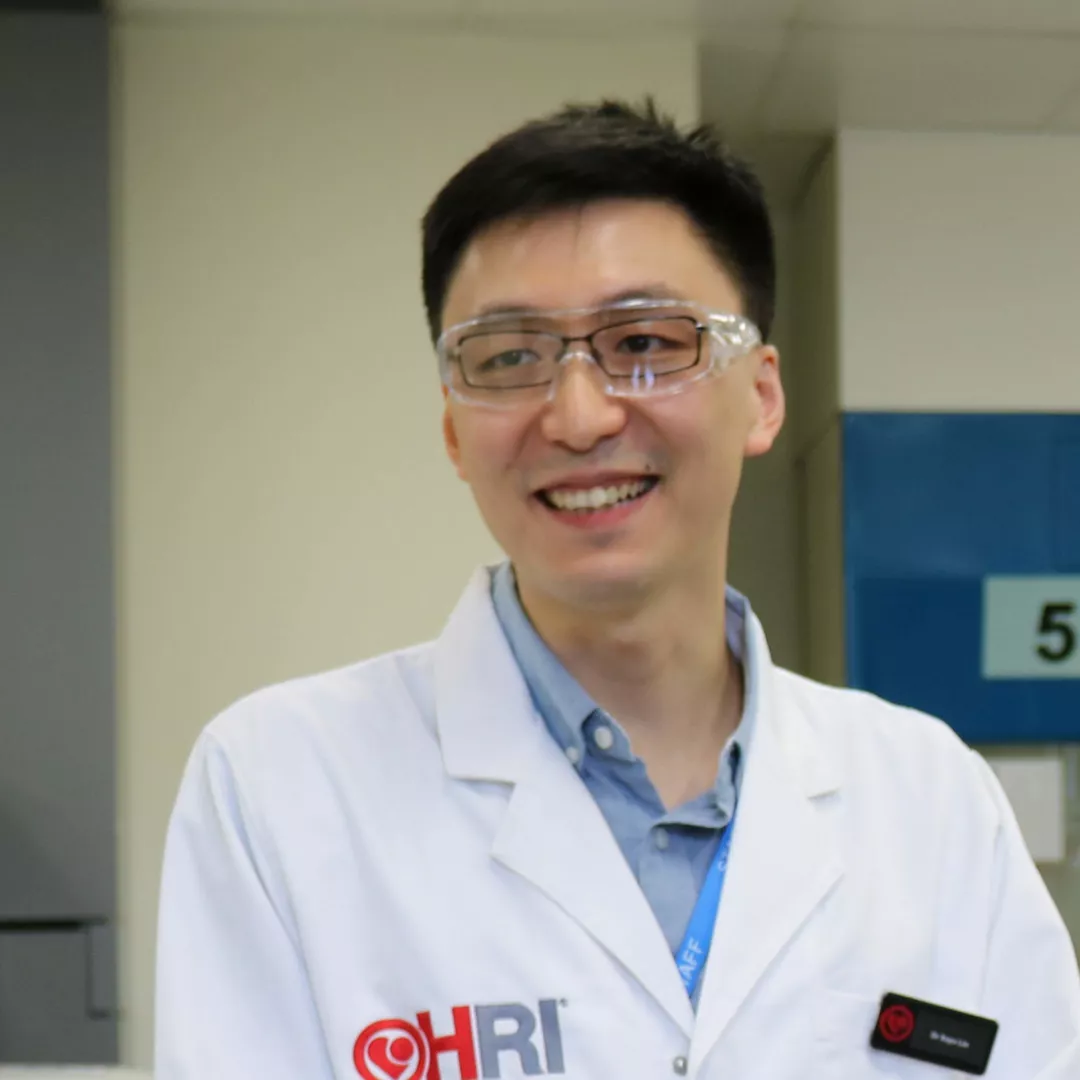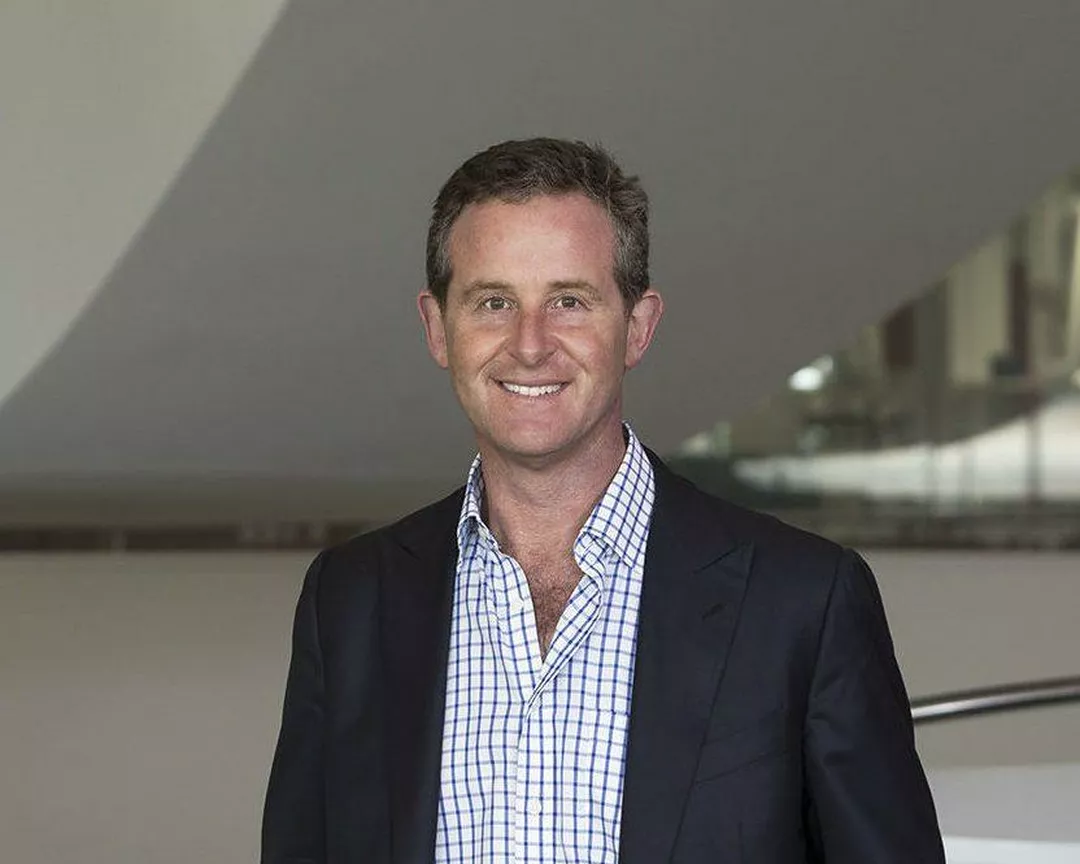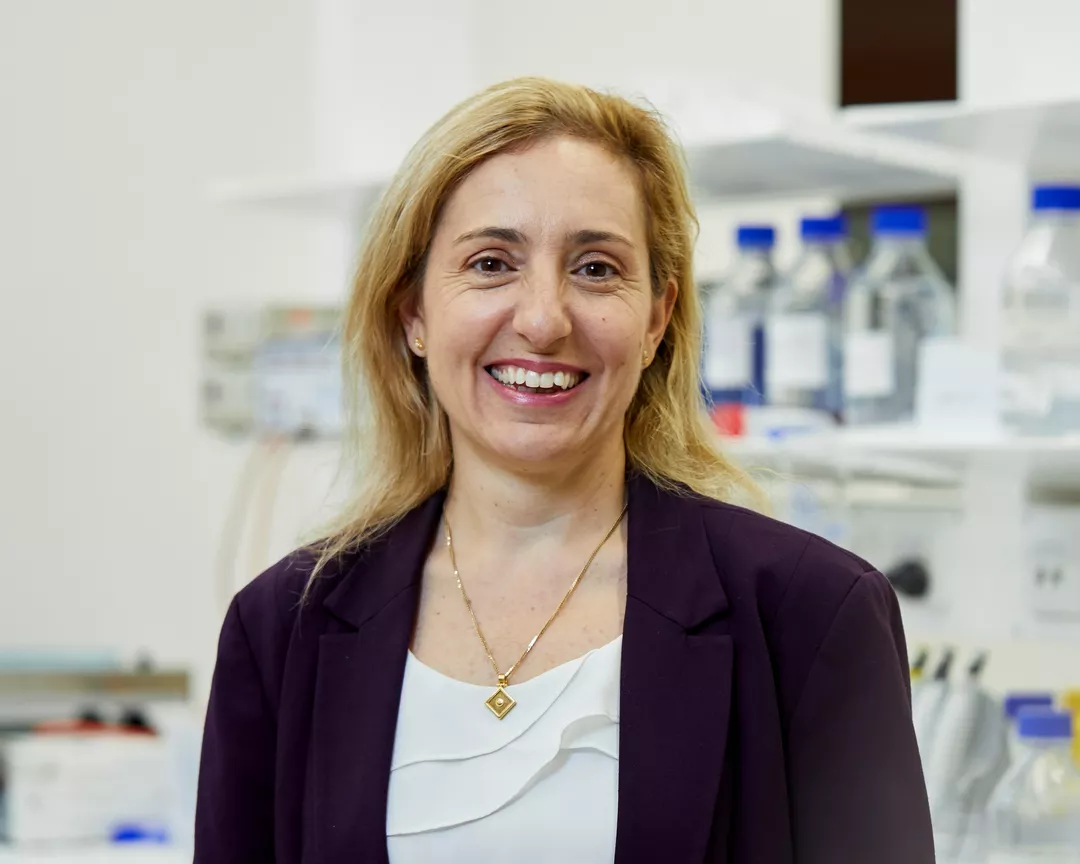HRI is delighted to announce the award of three grants funded by HRI NZ donors to support research into cardiovascular disease – New Zealand’s biggest killer.
The grants, which will ensure the advancement of critical heart research with collaborators based in New Zealand, were awarded to HRI’s Cardiovascular-protective Signalling and Drug Discovery Group, Clinical Research Group and Haematology Research Group.
Safer treatments for ischaemic stroke, Cardiovascular-protective Signalling and Drug Discovery Group
The Cardiovascular-protective Signalling and Drug Discovery Group, led by Dr Xuyu Liu, will be conducting a collaborative drug discovery project entitled “Photo-responsive anticoagulants enable precise control of localised clot lysis therapy” with the Ferrier Research Institute and Robinson Research Institute of the Victoria University of Wellington (VUW), New Zealand.
Stroke is a leading cause of death and disability in New Zealand and globally, but there is currently only one approved drug treatment for stroke, called rTPA. Previous studies have revealed that anticoagulants can substantially improve the efficiency of rTPA, but they pose a high risk of life-threatening bleeding. This bleeding consequence is ascribed to the indiscriminate inhibition of all roles of thrombin in our circulatory system, the key enzyme in blood clotting, thrombosis and stroke.
Dr Liu’s research will address this shortfall by investigating the development of a photo-responsive therapy for stroke, with the aim to precisely control local anticoagulation using tissue-penetrating lasers. It will also provide proof-of-concept information on the utility of this photo-pharmacology system in the treatment of stroke for the first time.
The computational modelling and drug screening in this project will be conducted by Dr Wanting Jiao, who is based at the Ferrier Research Institute of VUW. The project will also involve collaboration with Dr Kai Chen, who will employ world-class spectroscopy techniques and laser facilities for the development of photo-controllable clot lysis therapy at the Robinson Research Institute of VUW. This collaborative research team aims to develop a cutting-edge, much needed technological platform to create light-controllable drug molecules for expediting the development of cardiovascular precision medicine. They are also combining the PROteolysis TArgeting Chimera discovery platform established at HRI with femtosecond laser technology to accelerate the development and screening of next generation PROTAC molecules specific for stroke and thrombosis.
“It also has the capacity to inspire new drug discovery strategies for cardiovascular disease more broadly.”
L-R: Prof David Celermajer and Dr Freda Passam. Dr Xuyu Liu in header image.
Improving patient care for congenital heart disease patients, Clinical Research Group
The Clinical Research Group, led by Professor David Celermajer, will be conducting a collaborative research project in New Zealand entitled “Congenital Heart Alliance of Australia and New Zealand (CHAANZ) Congenital Heart Disease Registry; Initiating the New Zealand CHD Registry”. The project will be run in conjunction with Auckland City Hospital, Starship Children’s Hospital Auckland, New Zealand.
Prof Celermajer chairs the Congenital Heart Alliance of Australia and New Zealand (CHAANZ), a consortium of paediatric, adult and surgical congenital heart disease (CHD) researchers from around Australia and the national CHD unit in Auckland, New Zealand. An earlier feasibility study conducted by Prof Celermajer found that there was an overall lack of understanding of CHD outcomes and burden in Australia and New Zealand. The study established the need for a collective CHD registry across Australia and New Zealand, to improve research and clinical outcomes. This would allow for improved understanding of the total numbers of patients living with CHD and the total burden across the life continuum, which is imperative for patients, those responsible for treating them and health care systems. The Australian CHD Registry has previously been funded by the Federal Government’s Medical Research Future Fund scheme.
In this research project, the Group aims to establish a comprehensive NZ registry of demographic and clinical data from cohorts of paediatric and adult cases of CHD from sites across New Zealand, with the goal of generating specific information about critical outcomes in people with CHD and the parents of children with CHD, including psychological, mental health, neurocognitive and quality of life. While accrual of data has already begun in Australia, the HRI grant will enable the initiation of data accrual from New Zealand.
“This data has the strong potential to improve patient care in both countries and to drive policy development towards optimal management of CHD patients.”
Researching preventative therapies for cardiovascular disease, Haematology Research Group
The Haematology Research Group, led by Dr Freda Passam, will be investigating mechanisms of platelet hyperactivity in diabetes in collaboration with Dr Maggie Kalev-Zylinska, group leader in the Department of Molecular Medicine and Pathology, the University of Auckland (UoA), New Zealand.
Platelets are critical for the development of cardiovascular complications. The collaborative will investigate transcriptomic and proteomic signatures in platelet progenitors and platelets in diabetes to identify key pathways of platelet hyperactivity.



